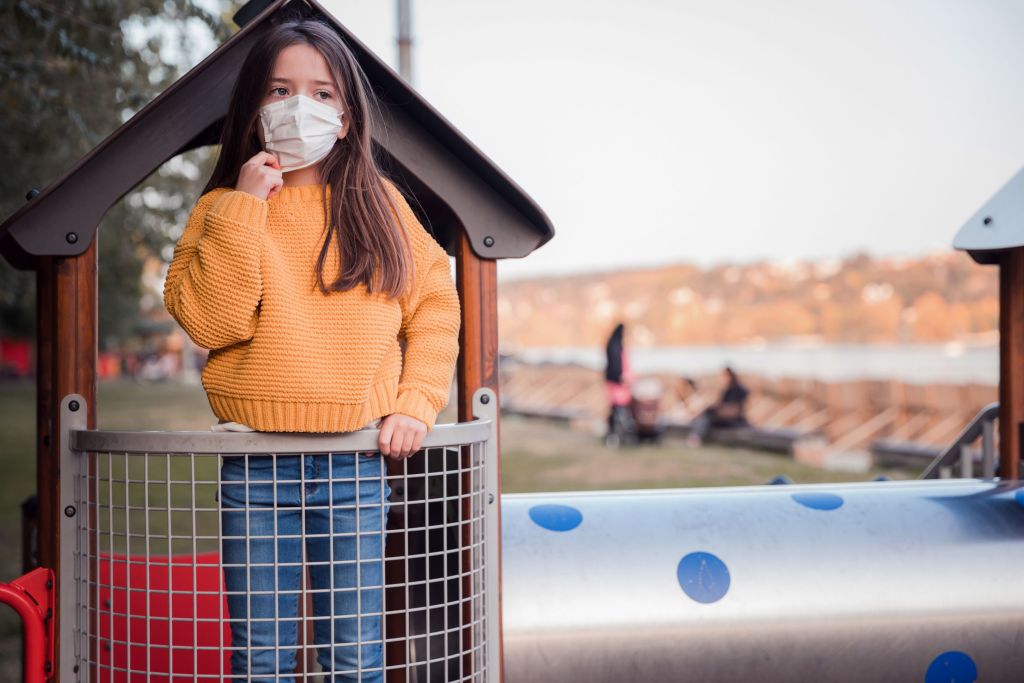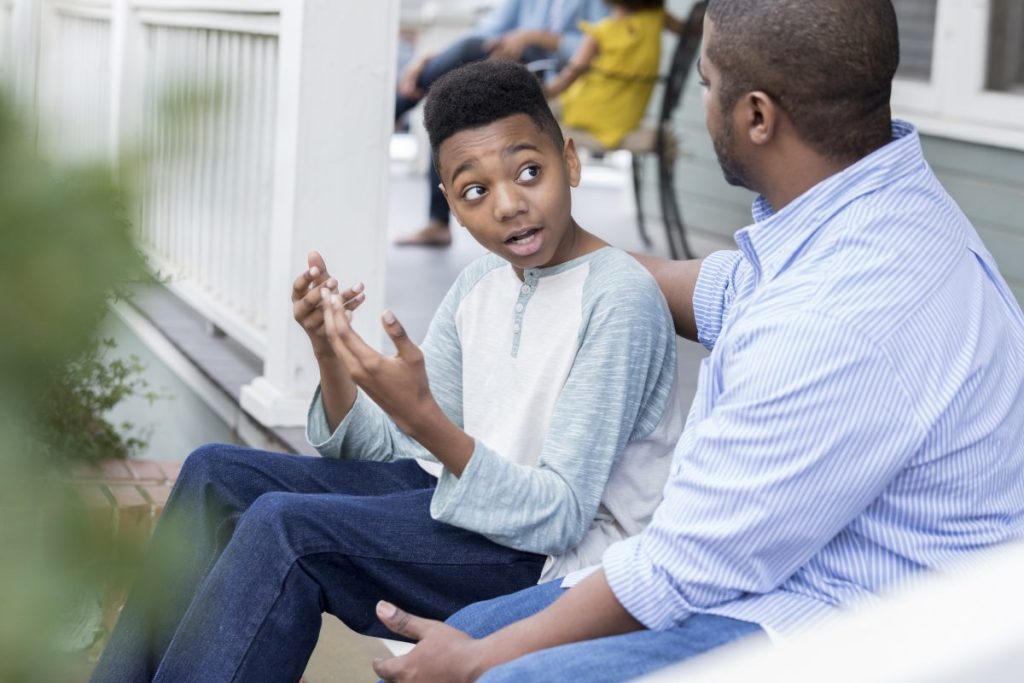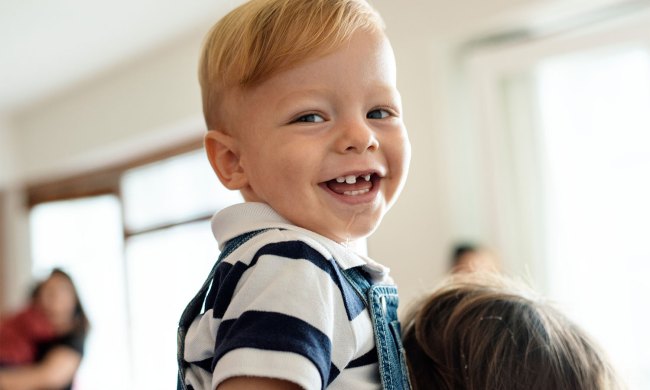No one can deny that 2021 was a difficult year for everyone, but it was especially difficult for kids. Between the social isolation due to the health pandemic, the resulting school closures and online learning, the loss of extracurricular activities, sports, clubs, and milestone moments, kids have suffered a lot throughout the coronavirus pandemic.
Despite all the hardships thrown their way, kids have persevered throughout and adapted. While most of us couldn’t imagine we would still be dealing with this pandemic almost two years later, the reality is that we are, and kids are still being affected. As 2021 winds down and we set our sights on a new year, things are slowly getting back to the way they used to be, with a few important adjustments, like masking and social distancing. But as we look ahead to 2022, it’s important for parents to know that the new year is still going to present new and old challenges for kids as they once again pivot to in-person learning and the return to social activities.
Like adults, kids have been feeling stress, pressure, and anxiety throughout this pandemic, but as we approach 2022 and a return to even more normalcy with the vaccine approved for children ages 5 and up, there are ways parents can help their kids transition to their new normal.

Be supportive: the 2022 impact on kids is substantial
Dr. Erlanger “Earl” Turner is a licensed psychologist and spoke to Shondaland about the pressures many kids are feeling about the pandemic. “According to data, children and teens have reported increased levels of anxiety and depression as well as loneliness over the course of the pandemic,” Turner explained. Now that kids have returned to in-person learning, their sports and extra-curricular activities are back on and they are being encouraged to socialize with their peers again, many are struggling with how to adapt to their busy routine once again. “Tell your kids they are doing a good job,” Turner suggests, adding that how parents deal with their own circumstances has a large impact on how their children will cope. “One of the biggest lessons you can teach during this time is coping with uncertainty. Life is unpredictable, so it’s helpful to model for kids how to cope when life doesn’t go as planned.”
The stress is normal
Many parents may think their child would feel a sense of relief now that they are able to see friends and go to school again, but that isn’t the case for all kids. Many have become so accustomed to staying home to stay safe that it’s hard for them to adjust to their busy, pre-pandemic schedule. One study that looked at the mental health effect of the pandemic on youth showed that adolescents were “significantly more likely to report moderate to severe symptoms of depression compared to adults.” Just because they are now able to return to many of the activities they participated in pre-pandemic doesn’t mean that stress and anxiety will automatically disappear.

Set realistic goals
It can be so hard for parents to watch their children struggle so managing your expectations about what they really are prepared to handle in the new year can help ensure everyone adjusts at their own pace. School social worker Maia Smith told CNN that parents of teens especially need to be extra patient. Clinical psychologist Erica Fener-Sitkoff reiterated that sentiment, noting that parents of teens often have a higher level of expectation of their older kids. “Now is the time for grace and keeping the lines of communication open, even if your teen resists,” she said.
Work with them to find compromises
Just because your kids can return to their regular, busy pre-pandemic schedule, it doesn’t mean they have to. Over the course of the last year and a half, many kids have adjusted to a much slower pace than they were previously used to. The Conversation suggests that parents work with their kids if they find them resistant to returning to their busy routines. “Help your child create new routines that incorporate regular meals, good sleep hygiene, necessary breaks, and organization around completing schoolwork. These steps can establish more structure where it may be lacking and help ease the burden,” they suggest.
Be aware
The Boys and Girls Clubs of America advises parents to know what to look for to tell if their child is experiencing any out-of-the-ordinary stress as kids begin to return to more pre-pandemic activities.
Physical signs of stress in children
- Headaches
- Upset stomach
- Chest pain
- Heart palpitations or increased heart rate
- Insomnia
- Nightmares
- Bedwetting
- Decreased appetite, comfort-eating, or bingeing
- Pretending to be sick to avoid activities
Emotional symptoms of stress in children
- Anxiety
- Mood swings
- Restlessness
- Clinginess
- New or recurring fears
- Increased crying, anger, stubbornness, or aggression
- Decreased concentration or motivation
- Emotional overreactions to minor incidents
- Regressing toward comforting behaviors from early childhood (i.e. thumb-sucking, nail-biting, sleeping with a stuffed animal)
- Social isolation, withdrawal, or unwillingness to participate in formerly enjoyed activities
As we’ve all heard (more times than we care to) we are in unprecedented times. It’s completely normal for kids to struggle as they once again adapt to this new normal. Having open, honest, age-appropriate conversations can help parents keep the lines of communication open with their kids, especially if they notice they are having a tough time. We are all eager to return to normalcy but just like adults, children have to be able to adapt at their own pace with the support of those they love.



